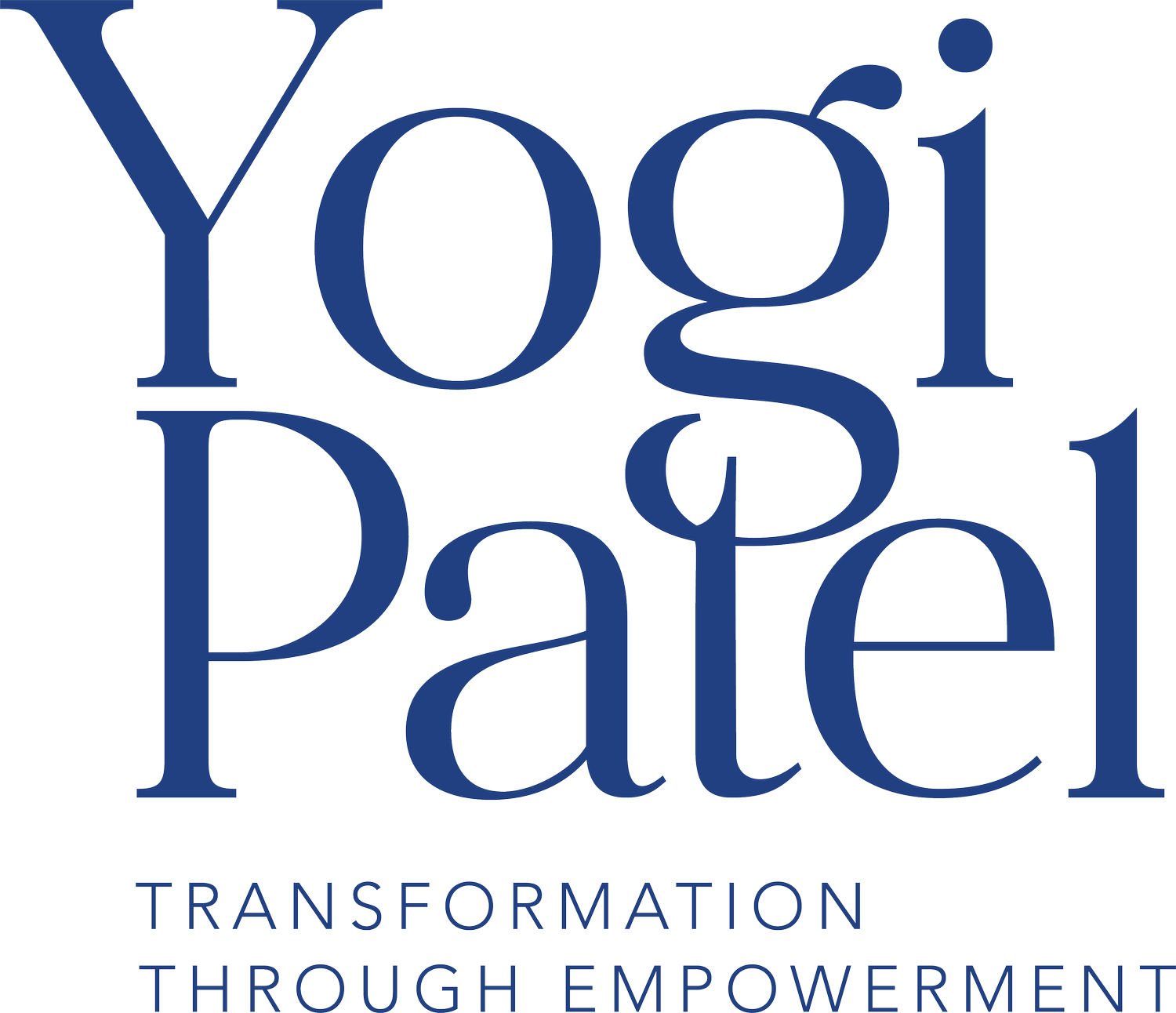Balancing Apologies and Taking Responsibility
Have you ever felt that 'sorry' is a word that sometimes behaves like a seesaw? You stroll in light-heartedly one moment, and then there is another wherein the mind begins to drown itself in all sorts of diversions. Let us discuss the times the apology matters, why it matters, and how to put together a spectrum between humility and self-blame without indulging in superiority or inferiority.
Have you ever felt that an apology is like an ingredient in a dish? Too little and it turns bland; too much and it becomes overbearing. It's all about giving that pinch. Let's say someone accidentally bumped into someone else at a party.
They say sorry, and the other person says it's all right, and they go on with their business. Easy, right? Then, there are those apologies for something they do not technically even do; maybe taking away the last slice of pizza? Thinking and analyzing are not easy when time is against you. In those cases, the apology just rushes out from behind those lips in a matter of seconds.
That brings us to the question of the actual apology: "I am sorry." A recognition of the effect one's words and actions have on others is something beyond the admission of guilt. For instance, when you say something thoughtlessly and it hurts another person, an earnest apology helps to grease the wheels towards reconciliation. Instead of just saying sorry, how can you make amends? Or perhaps that apology is simply not needed?
I'll confess that I am, in my own small way, a serial apologizer. I tend to say ‘sorry’ more than I might want to. One thing I have lately noticed is this: while I am busily engaged in my marathon of apologizing, others somehow manage to get through it without endless apologies. Is it that I maybe perceive every little mishap as a mountain deserving of an apology? Maybe. So I put a halt to my sorry mundanity and gave myself some time to reflect before spiraling into another sorry dance.
Walking that thin line between apology and pride is like traversing a tightrope; too much apologizing and you lose your balance; too little and you might have stepped on someone else's toes. Taking actual responsibility without carrying the world's weight on your shoulders and saying 'sorry' to truly mean it without being emotionally manipulative.
Dr. Alfred Adler believed in self-reflection and understanding why we do the things we do. A heartfelt apology strengthens human bonds, but it's not about being perfect; it's about being genuine and learning from our mistakes.
Let's honor the craft of apologizing when warranted, apologizing sincerely, and discovering that balance where growth is stimulated versus mischievousness. "Apologies are like glue; they mend what's broken, but too much can make a mess." Here's to hilarious days coupled with humility and heartwarming connections.
"Apologies without manipulation are like pancakes without syrup - wholesome and satisfying."
"Sorry seems to be the hardest word, but sometimes it's the most liberating. “Keep apologizing with specifics, keep growing, and remember, it's okay to say ‘sorry,’ but it's also okay not to be sorry all the time.
Trainings
Positive Discipline in the Classroom, Positive Discipline for Parents, Positive Discipline for Early Educators, and Leadership Training & Coaching

